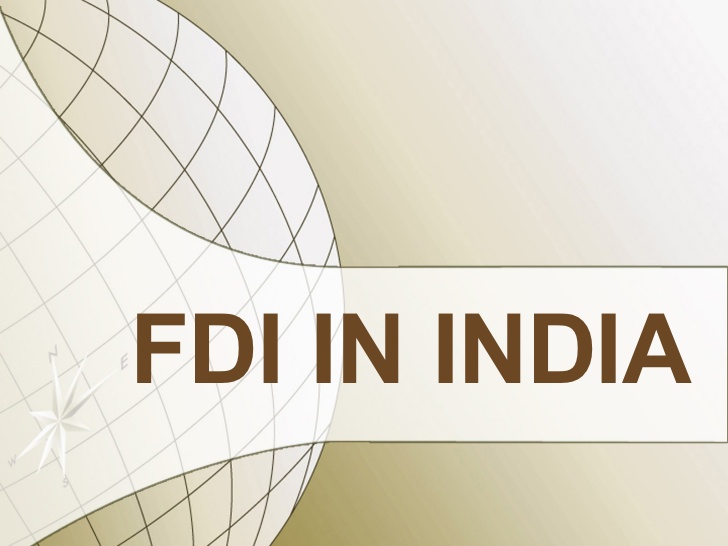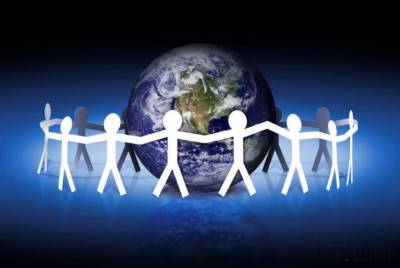MONETARY POLICIES
Monetary Policies Monetary policy is the process by which the monetary authority of a country controls the supply of money, often targeting an inflation rate or interest rate to ensure price stability and general trust in the currency. Objectives of Monetary Policies are:- Accelerated growth of the economy Balancing saving and investments Exchange rate stabilization Price … Read more

